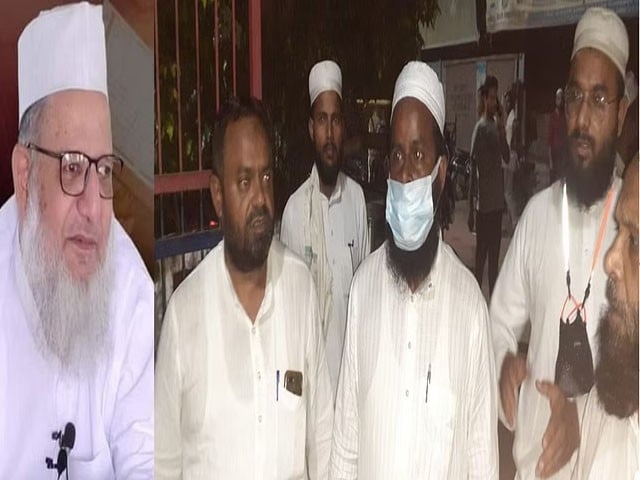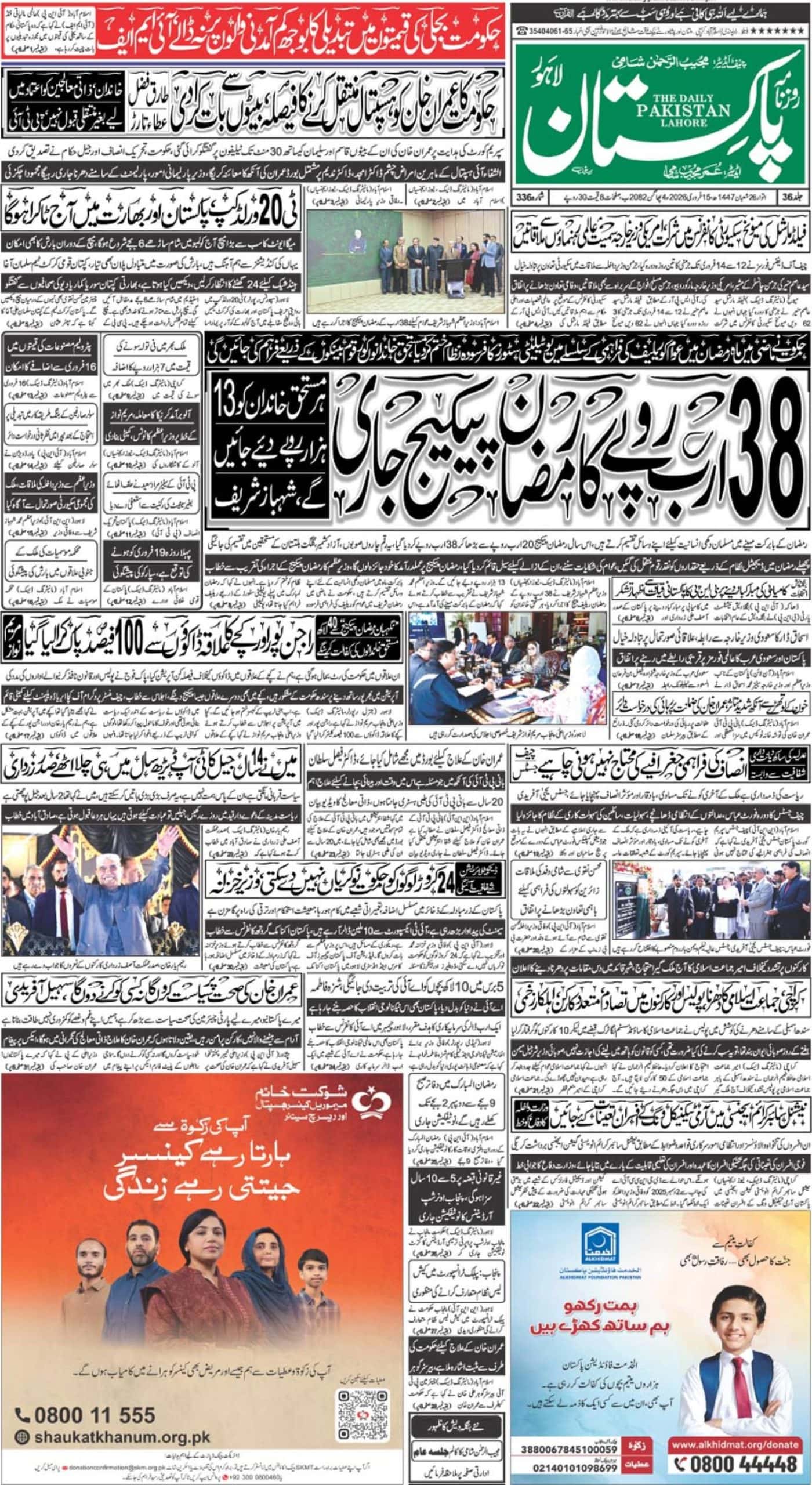In a landmark decision, an Uttar Pradesh court has sentenced twelve Islamic scholars, including well-known figures Maulana Kaleem Siddiqui and Umar Gautam, to life imprisonment. This ruling comes as a result of their involvement in converting Hindus to Islam, sparking significant debate and controversy.
The court’s decision is particularly notable for its application of Section 121A of the Indian Penal Code (IPC), a provision usually reserved for crimes against the state. Using this law to address religious conversions is unprecedented and has raised concerns about its impact on religious freedom.
The scholars sentenced to life imprisonment are Maulana Umar Gautam, Arshan Mustafa, Adam, Abdul Manaan, Mohammad Atif, Mufti Qazi Jangir Qasmi, Kausar Alam, Faraz Babullah Shah, Irfan Sheikh, Salahuddin Zainuddin Sheikh, Dheeraj Govind, and Rahul Bola. Additionally, four other scholars have received ten-year prison terms and a fine of 25,000 rupees under Section 35 of the Foreign Contribution Regulation Act (FCRA). These sentences also include further penalties under the Prohibition of Unlawful Religious Conversion Act, 2021.
The court has accounted for the defendants’ previous time in detention. Notably, Maulana Kaleem Siddiqui and Umar Gautam, who were granted bail last year after serving two years in prison, are affected by this decision.
This case has provoked considerable debate. Critics argue that employing state security laws for religious conversions represents an overreach and threatens religious freedoms in India. Supporters, however, see the ruling as a necessary step to combat illegal and coercive conversion practices.
The case underscores the ongoing tensions between legal frameworks and religious practices in India. As the legal process continues, the full impact of this ruling on India’s religious and legal landscape remains uncertain.














